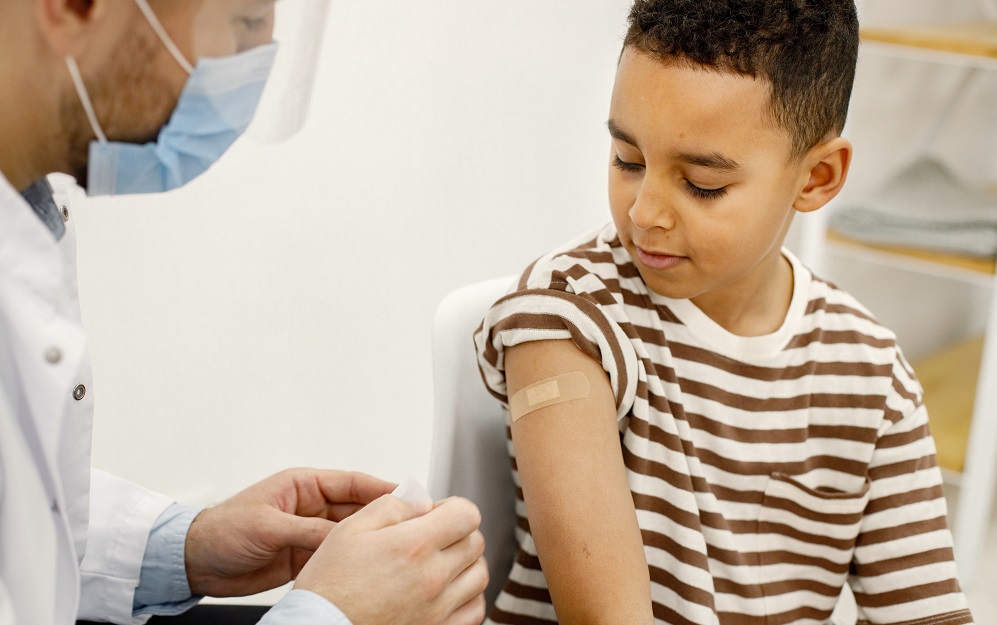Meningococcal Meningitis Vaccine

Meningococcal meningitis is a severe infection of the protective membranes (meninges) surrounding the brain and spinal cord. It is caused by the bacterium Neisseria meningitidis, and it can progress rapidly, leading to serious health complications or even death if not treated promptly. Vaccination against this disease is a key preventive measure that can save lives.
What is Meningococcal Meningitis?
Meningococcal meningitis can cause symptoms that develop suddenly, including:
- Severe headache
- Stiff neck
- Fever
- Nausea and vomiting
- Sensitivity to light
- Confusion or difficulty concentrating
In some cases, it can lead to septicemia, which is a bloodstream infection that can cause rashes, rapid breathing, and cold hands and feet. Meningococcal meningitis can affect people of all ages, but it is particularly common in infants, young children, and adolescents.
How Does Meningococcal Meningitis Spread?
The bacteria that cause meningococcal meningitis spread through close contact with an infected person. This can happen through respiratory droplets when an infected person coughs or sneezes, or by sharing drinks, utensils, or even kissing. People who live in close quarters, such as college dormitories or military barracks, are at a higher risk.
Why is the Meningococcal Meningitis Vaccine Important?
The meningococcal meningitis vaccine is essential for preventing this potentially deadly disease. Vaccination can significantly reduce the incidence of meningococcal disease in communities and is especially important for high-risk groups, including:
- Infants and young children: They are particularly vulnerable to severe outcomes.
- Adolescents: This age group has a higher risk of infection, especially in crowded living conditions.
- Individuals with certain medical conditions: Those with weakened immune systems or specific health issues are at greater risk.
- Travelers: If you’re traveling to areas where meningococcal disease is more common, vaccination is highly recommended.
Types of Meningococcal Vaccines
There are several types of meningococcal vaccines available, and they protect against different strains of the bacteria:
- Meningococcal conjugate vaccines (MCV4): These vaccines protect against serogroups A, C, W, and Y. In South Africa, this vaccine is typically administered to children at 6 weeks, 14 weeks, and a booster dose at 12 years of age.
- Meningococcal B vaccines (MenB): These vaccines target serogroup B, which is responsible for many cases of meningococcal disease, particularly in adolescents and young adults. The timing of the MenB vaccine may vary depending on specific risk factors.
How Safe is the Meningococcal Meningitis Vaccine?
The meningococcal meningitis vaccine is very safe. It has been extensively studied and used globally for many years. The most common side effects are mild and may include:
- Soreness at the injection site
- Mild fever
- Fatigue or headache
These side effects usually resolve within a day or two. Serious side effects are extremely rare, and the protection the vaccine offers far outweighs the risks of potential adverse reactions.